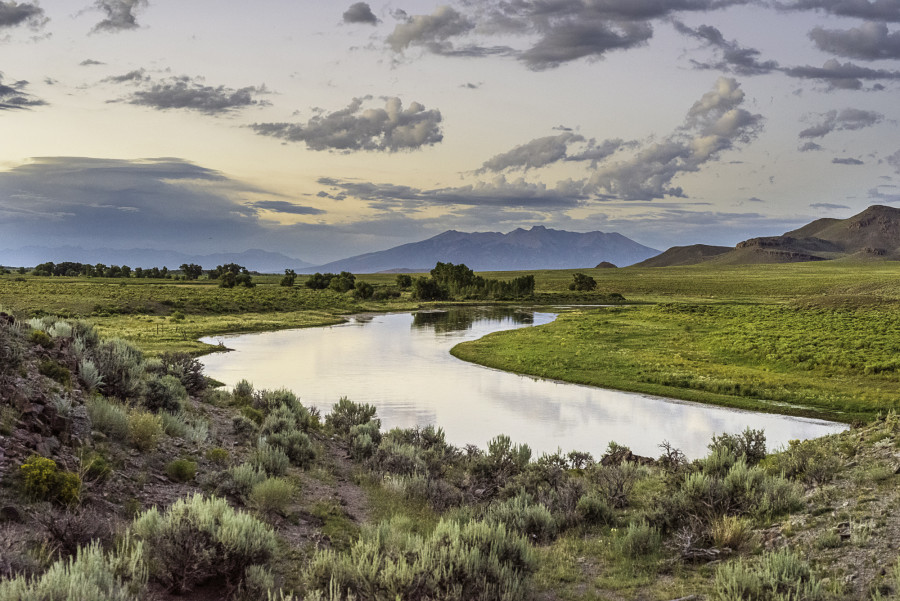Individuals, Conservation, and Threatened Species
Endangered Western Ground Parrot, Western Australia (credit: Wikicommons)
Conservation of threatened and endangered species is often thought to be the responsibility of governments or organizations but individuals can play vital, and essential, roles as well. Three examples showcase how people and small efforts count in achieving effective results.
1. An initiative, Wild Melbourne, was started by a group of young Australians. Trained in the biological sciences with a passion for biodiversity, the group celebrates the remarkable diversity of wildlife around their city. Wild Melbourne wants to raise awareness of these forgotten wonders. The organization is doing this through educational programs about local ecosystems found there and elsewhere in their region. The non-profit is dedicated to the protection of environment resources and teach others of the importance and majesty of wild species and landscapes in Victoria. One project is 1900 Footprints focusing attention on 1900 threatened species in the Australian state. One team member walked 1900 kilometers (~1200 miles), one kilometer for each threatened species, to highlight the issue. His walk-about raised awareness for other Aussie conservation projects in Melbourne to Adelaide and across to Tasmania.
2. Another endangered species effort, also from Australia, utilizes the power of filmmaking to compliment research, education, and ecological restoration. The documentary Secrets at Sunrise, filmed entirely in Western Australia, follows the remarkable story of a group of ecologists and dedicated volunteers who are working to save one of the world's rarest birds, the Western Ground Parrot. The ground-dwelling bird, found only in WA, is almost extinct with less than 150 birds known. The species was almost wiped out by bushfires. The filmmakers followed the wildlife researchers to Cape Arid National Park where the critically endangered parrot is still known to exist. Later, filming continued at the Perth Zoo to show efforts aimed to develop a captive breeding program. If successful, the goal is to restore the parrot to other wild habitats where it once existed. With Australia's vast landscapes, low population, and stretched investigators, local volunteers are critical for any chance of success for a restoration project like this. The film is being released by Documentary Australia which supports the conservation and recovery effort. Here is the trailer:
3. Here in North America, The Conservation Alliance is also dependent on individuals and small organizations to help realize their goals of land and water conservation. TCA, is supported through dues from its 250+ member companies in the outdoor industry,most of which are small, independent brands. They have achieved impressive successes by protecting more that 73 million acres of wildlands; 3580 miles of rivers, stopped or removed 37 deadbeat dams; designated 5 marine protected areas; and purchased 21 rock climbing areas. In Congress, TCA was instrumental in supporting the reauthorization of the Land & Water Conservation Act.

Rio Grande and Conejos River, Colorado acquired (credit:TCA/Russ Schnitzer)
These conservation successes would not have happened without local groups and individuals supporting the important field work on each project. Such direct involvement is especially important to help conserve land and water resources as climate change impacts are increasingly recognized. As individuals, you can become involved this important yourself. WHB